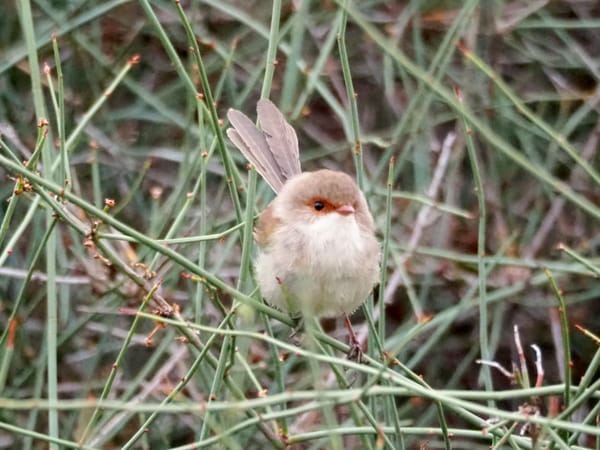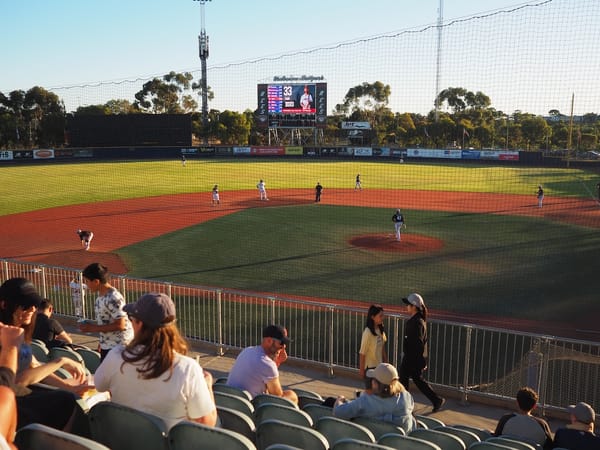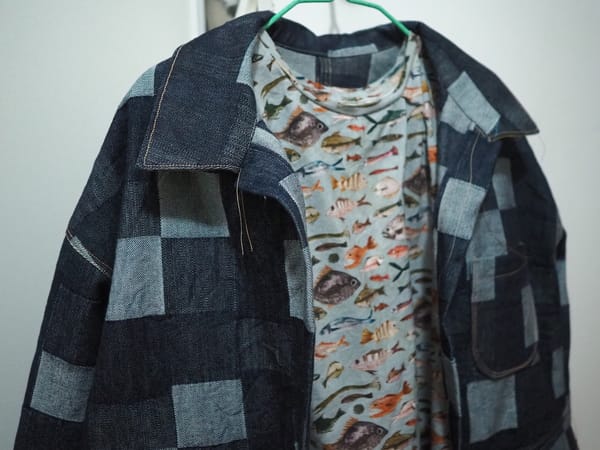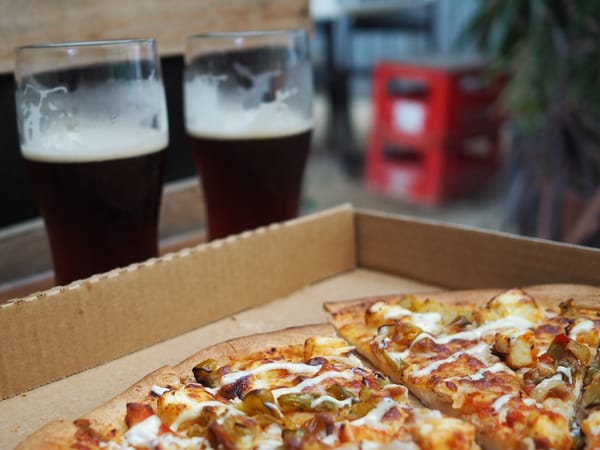Open Studio - Watercolour development plan
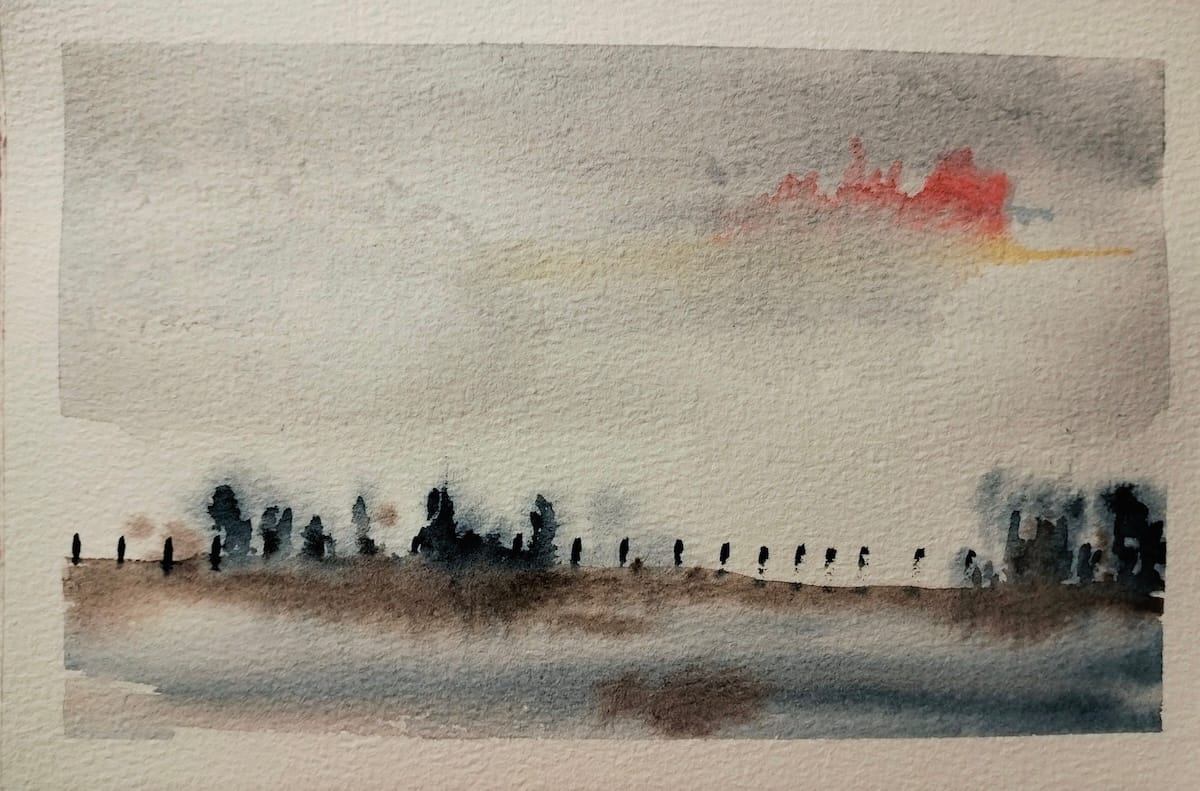
I completely forgot to mention I have started a new watercolour course. I am doing Open Studio Watercolour at The Art Room (TAR), which is for people who have progressed beyond beginner and want to focus on things like composition, creative goals, colour theory and so forth. It goes for seven weeks and, as with the classes I've done previously, is tutored by Stefan Gevers.
Stefan gave a hand-out to prompt thinking about my art practice and what I want to get out of this course. I'm filling it out here to keep myself honest. It's a bit long, but here goes.
How would you describe your practice right now?
It's a hobby and I would like it to develop into a full creative outlet where I can express ideas and my creative imagination. I want to make images that communicate feelings and reflections. Nearly always, I am painting landscapes from imagination, but occasionally I paint from real life in public, with friends.
I find that if I have a specific thing in mind that I want to paint, it comes out badly. So I try not to be intentional and let the paint lead the way. While it's drying in between adding things, I try to think about composition and see what is emerging from the page. Or I might try to paint things from my mind's eye, like a scene from a book I have read.
One consequence of my vibes-based approach is I don't tend to repetition or refinement. I also don't have a visual diary or anything like that where I am developing ideas. I suppose I should do something about that.
What are your creative goals?
I would like for my skills and techniques to keep pace with ideas - I want them to develop together. I am primarily interested in expressing themes such as time, settlement and abandonment. I also need to develop my technical abilities so I can realise ideas.
I really like the way Scott McCloud, in his book Understanding Comics, breaks down art into six steps or layers: Idea/purpose, form, idiom, structure, craft and surface.
I would say I need to develop structure and craft, in other words composition and technique. Just because these are necessities. I am interested in expressing ideas, as I said. The other thing is idiom, meaning the genre, visual language, or school my work belongs to. I would like the idiom to come from me. I don't wish to emulate or reproduce familiar styles of watercolour. At this point I'd say idiom is the most important thing to me.
What small goals do you have for your practice in 2025? What would you like to achieve by the end of this term/the year? (I'm going to answer these three questions all at once)
I would like to show some work - stick it on a wall at TAR!
I would like to be more comfortable working at different scales, be they in terms of the size of the things on the page (perspective and framing) or the size of the paper itself. I am a bit stuck on a sky/horizon/foreground format.
I would like to be using stronger tones as I am always using pale washes and the like.
And overall I would like to feel as though I have made strides forward and have made at least a couple of pieces that I feel really good about.
What bigger, longer term goals do you have?
I would like to be good at this, and eventually find myself identifying as more than an artist than a hobbyist.
What are your challenges?
I have several creative hobbies that I tend to flit in and out of. I might take months-long breaks from doing a thing, but I always come back to it. The effect is that I don't practice anything as much as maybe I should. I am also quite distracted generally.
In painting, I probably tend towards things I feel I can already do and avoid things that don't go well. So that probably indicates a need to develop technical skills and build confidence and greater willingness to fail.
Is there anything specific you would like to learn or revisit technically?
Nothing specific. They all need work. It might be useful to have a list of skills to refer to as a prompt, because things can be out of sight, out of mind with me.
Is there anything specific you'd like to learn about the business of being an artist?
No.
Are you interested in working towards an exhibition?
That would be cool eventually, but I think I am a long way away from exhibiting (aside from sticking something up in the corridor at TAR).
What brings joy in your practice?
Pieces that start off with no intention but turn out well. Or really anything that turns out well. Happy accidents. Pieces that give the viewer feelings or spark imaginative responses. I enjoy sharing finished pieces with others. People are so receptive and encouraging.
Can you identify what makes your work uniquely yours?
My work feels aesthetically different from other work I've seen. I think I am referring to idiom or genre. I try and create space that contains remnants or evidence of someone present or having been present in a landscape. It tends to be free of movement, maybe desolate, but indicating something having changed, and uninterested in beauty or faithful reproduction.
What are you curious about in the world?
I walk around a lot and am visually observant. I notice small changes and evidence of human activity, and enjoy speculating the stories behind the changes and indications that I can see around the neighbourhood. I am interested in ugly things like rubbish and dormant structures, and other kinds of evidence that people have been there. Generally I think there is a lot going on all the time, especially things that are not sanctioned parts of normal society, you just have to look.
I try to carry my camera around with me as much as possible so I can capture interesting things. I intend to print out photos that I particularly like but I am not very good at getting around to this.
Besides making work, what other aspects of an arts practice makes you curious, inspired and motivated?
Seeing exhibitions and other people's work is inspiring when it prompts internal monologue. And just looking around at the world is inspiring and making up stories and explanations is a fun way to explore the world.
More generally I stay interested in creative things. I enjoy music and am always discovering new music by going out and enjoying Melbourne's incredible punk and garage (etc) scene. I also watch a lot of movies ranging from absolute nonsense to arty stuff. And I usually read a lot and get lots of visuals when I read.
I enjoy observing (listening to) my partner's creative process and output because he follows his nose. He would say he's only doing things his way because he can't do things the 'right' way, but I think it makes him more interesting and unique.
What other artists are you interested in?
I feel like I should be able to answer this question but I rarely remember the names of artists. I like going to see art exhibitions, and often get a lot out of them, but am not very good at keeping notes. I enjoy hobbyist and amateur art just as much as I enjoy the work of professional artists.
Would you be interested in being part of an Open Studio Book Club?
No. It's a nice idea but if I'm honest I don't like others choosing my reading for me.
What else would you like to share that can help us understand you and your practice and what you want to achieve. How could we better support you and help you reach your goals?
I think I will benefit from being pushed, encouraged to repeat, refine and discuss my work in class. Having to do reflections like this is good too. At the moment I think I am better off finding my own starting point (rather than following exercises) and then being encouraged to develop where there are weaknesses and gaps evident. But I'm not an art teacher, so maybe I don't know best.
